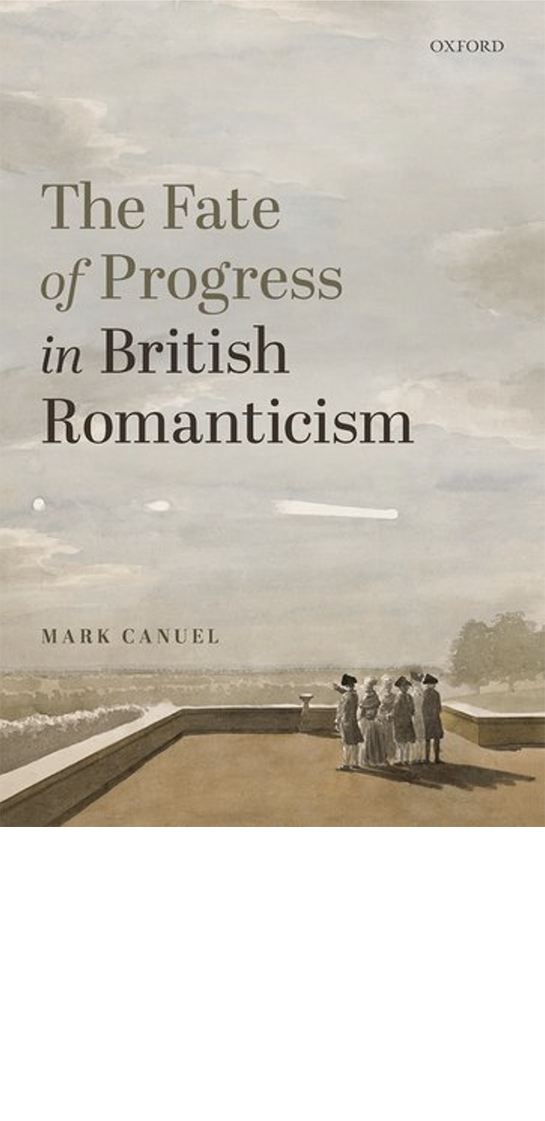Mark E. Canuel
College of Liberal Arts and Sciences | English
Mark E. Canuel Heading link
Mark E. Canuel
Mark Canuel is Professor of English and Director of the Institute for the Humanities. His research and teaching interests focus primarily on the areas of British Romanticism, Critical Theory, Political Theory, and Aesthetics. His work explores the connections between political and literary forms, particularly as they emerged in response to the pressures of revolution, reform, and religious dissent between the 1770s and the 1820s. He is author of three monographs: Religion, Toleration, and British Writing, 1790-1830 (Cambridge, 2002); The Shadow of Death: Romanticism, Literature, and the Subject of Punishment (Princeton, 2007); and Justice, Dissent, and the Sublime (Johns Hopkins, 2012). He is also editor of British Romanticism: Criticism and Debates (Routledge, 2015), a collection of new and previously published critical essays on Romanticism. He is currently at work on a new book on the aesthetics of political progressivism in the Romantic age. His numerous essays have appeared in journals including ELH, Nineteenth-Century Literature, Representations, Studies in Romanticism, and The Wordsworth Circle.
2

Mark E. Canuel
The Fate Of Progress In British Romanticism Heading link

The Fate Of Progress In British Romanticism
Oxford University Press
What did Romantic writers mean when they wrote about “progress” and “perfection”? This book shows how Romantic writers inventively responded to familiar ideas about political progress which they inherited from the eighteenth century. Whereas earlier writers such as Voltaire and John Millar likened improvements in political institutions to the progress of the sciences or refinement of manners, the novelists, poets, and political theorists examined in this book reimagined politically progressive thinking in multiple genres. While embracing a commitment to optimistic improvement — increasing freedom, equality, and protection from injury — they also cultivated increasingly visible and volatile energies of religious and political dissent. Earlier narratives of progress tended not only to edit and fictionalize history but also to agglomerate different modes of knowledge and practice in their quest to describe and prescribe uniform cultural improvement. But romantic writers seize on internal division and take it less as an occasion for anxiety, exclusion, or erasure, and more as an impetus to rethink the groundwork of progress itself. Political entities, from Percy Shelley’s plans for political reform to Charlotte Smith’s motley associations of strangers in The Banished Man, are progressive because they advance some version of collective utility or common good. But they simultaneously stake a claim to progress only insofar as they paradoxically solicit contending vantage points on the criteria for the very public benefit which they passionately pursue. The “majestic edifices” of Wordsworth’s imagined university in The Prelude embrace members who are “republican or pious,” not to mention the recalcitrant “enthusiast” who is the poet himself.